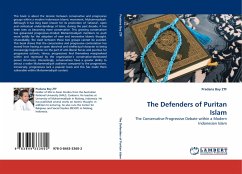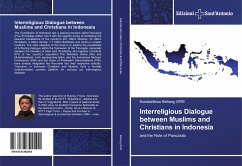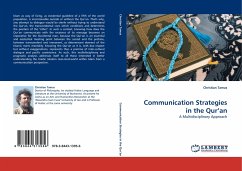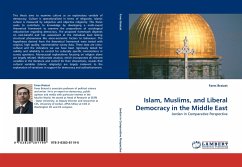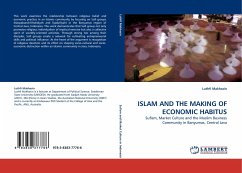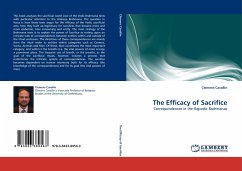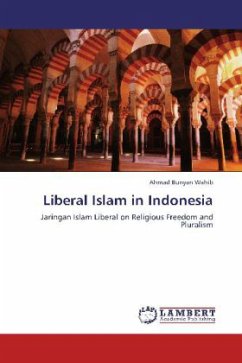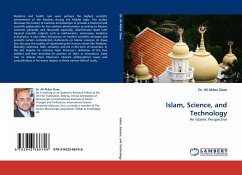This book is about the tension between conservative and progressive groups within a modern Indonesian Islamic movement, Muhammadiyah. Although it has long been known for its promotion of 'rational', open and contextual understandings of Islam, during the past decade, it has been seen as becoming more conservative. This growing conservatism has galvanised progressive-minded Muhammadiyah members to push more boldly for the adoption of new and innovative Islamic thought. Unavoidably, the clash between those two groups cannot be avoided. This book shows that the conservative and progressive contestation has moved from having an open doctrinal and intellectual character to being increasingly hegemonic on the part of anti-liberal forces and punitive for progressive activists. Hence, progressives find themselves marginalised within and repressed by the organisation's conservative-dominated power structures. Interestingly, conservatives have a greater ability to attract a wider Muhammadiyah audience compared to the progressives. Conversely, progressives lack a popular basis and this has made them vulnerable within Muhammadiyah context.
Bitte wählen Sie Ihr Anliegen aus.
Rechnungen
Retourenschein anfordern
Bestellstatus
Storno

